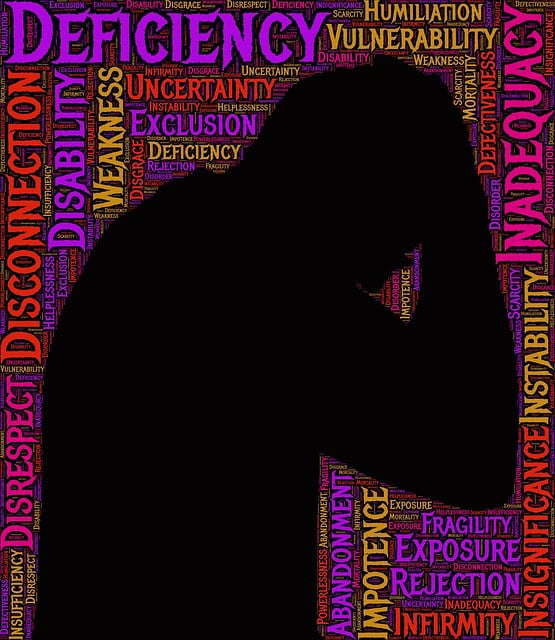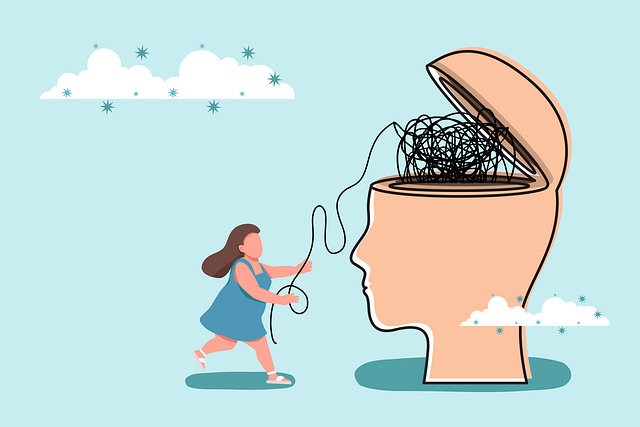Coping skills development is an essential aspect of healing for individuals who have experienced trauma, particularly those surviving superior abuse. Understanding these skills and their significance can empower survivors to navigate challenging situations effectively. This article explores various facets of coping strategies, from identifying healthy mechanisms to the transformative power of Superior Abuse Survivors Therapy (SAST). We also provide practical tools and emphasize the long-term benefits of building resilience for a brighter future.
- Understanding Coping Skills and Their Significance for Survivors
- Identifying Healthy Coping Mechanisms
- The Role of Superior Abuse Survivors Therapy in Skill Development
- Practical Strategies to Enhance Coping Abilities
- Building Resilience: Long-term Benefits and Continued Support
Understanding Coping Skills and Their Significance for Survivors

Coping skills are essential strategies that individuals use to navigate and manage challenging situations, especially after traumatic events. For survivors of superior abuse, a systematic approach to developing effective coping mechanisms is vital for their healing journey. These skills enable them to process and overcome adverse experiences, reducing the potential for long-term mental health issues such as anxiety and depression.
Understanding and adopting healthy coping strategies can empower survivors to take control of their emotional well-being. It involves learning to recognize triggers, managing stress, and finding constructive ways to express emotions. In the context of Superior Abuse Survivors Therapy (SAST), these skills are tailored to address specific challenges, helping individuals break free from destructive patterns associated with trauma. SAST, coupled with Mental Illness Stigma Reduction Efforts, can foster a supportive environment where survivors learn to advocate for themselves and develop robust mental health policies through Self-Care Routine Development for Better Mental Health.
Identifying Healthy Coping Mechanisms

Identifying healthy coping mechanisms is a crucial step in the journey of healing and personal growth, especially for those who have experienced trauma or superior abuse. Superior Abuse Survivors Therapy (SAST) emphasizes the importance of equipping individuals with effective strategies to navigate difficult emotions and challenges. Through SAST, survivors learn that unhealthy coping habits can perpetuate cycles of distress and hinder progress towards well-being.
This is where Social Skills Training, Inner Strength Development, and Empathy Building Strategies come into play. By mastering these techniques, individuals can transform their responses to stressful situations. Social Skills Training helps build resilience through healthy interactions with others, fostering a sense of belonging and support. Inner Strength Development encourages self-care practices that nurture mental and emotional health, allowing individuals to better manage triggers and cravings. Empathy Building Strategies promote understanding and compassion, both for oneself and others, which is essential for creating positive relationships and nurturing empathy in various aspects of life.
The Role of Superior Abuse Survivors Therapy in Skill Development

Superior Abuse Survivors Therapy (SAST) plays a pivotal role in coping skills development for individuals who have experienced abuse. This therapeutic approach recognizes that trauma has a profound impact on an individual’s mental health and daily functioning, and it aims to empower survivors by providing them with effective tools to navigate their challenges. Through SAST, survivors can explore the underlying causes of their struggles, process complex emotions, and learn healthy coping mechanisms tailored to their unique experiences.
The process involves comprehensive risk assessment for mental health professionals, ensuring a safe and supportive environment. By integrating Self-Esteem Improvement techniques within the therapeutic framework, SAST helps individuals rebuild trust in themselves and others. Moreover, this therapy encourages survivors to become advocates for their mental health through Mental Health Policy Analysis and Advocacy, fostering resilience and promoting long-term well-being.
Practical Strategies to Enhance Coping Abilities

Developing effective coping skills is a crucial aspect of healing and well-being, especially for those who have experienced trauma or superior abuse. Superior Abuse Survivors Therapy (SAST) offers valuable tools to enhance one’s ability to navigate challenging situations. A key strategy involves teaching individuals to recognize and manage their emotions. This includes understanding triggers, identifying healthy coping mechanisms like deep breathing or journaling, and learning to express feelings constructively. By mastering these skills, survivors can transform their responses from reactive to proactive.
Mental Health Education Programs Design often focus on fostering resilience through various therapeutic techniques. These programs encourage individuals to challenge negative thought patterns and replace them with positive affirmations. Additionally, group therapy sessions provide a safe space to share experiences and build supportive connections, which are essential components of Emotional Healing Processes. Risk Assessment for Mental Health Professionals is also vital; therapists must be equipped to handle complex cases and ensure the safety of both themselves and their clients during this vulnerable journey.
Building Resilience: Long-term Benefits and Continued Support

Building resilience through therapy and support systems offers long-term benefits for survivors of superior abuse. This process equips individuals with coping skills to navigate future challenges, fostering a sense of inner strength. By engaging in compassion cultivation practices, trauma support services, and focusing on personal growth, survivors can transform their experiences into sources of power and wisdom.
The journey towards resilience is an ongoing one, requiring continued support and self-care. Developing these mechanisms not only enhances overall well-being but also enables individuals to lead fulfilling lives, free from the constraints of past trauma. This empowers them to confront future adversity with a sense of agency and hope, ensuring they can rise above challenging circumstances.
Coping skills development is a vital process for survivors of trauma, offering long-lasting benefits that promote resilience. As discussed, understanding coping mechanisms and utilizing effective strategies like Superior Abuse Survivors Therapy can significantly enhance recovery. By adopting healthy coping mechanisms, individuals can navigate life’s challenges more adaptively, ensuring better mental health outcomes in the short and long term. Practical tools and continued support play a crucial role in fostering resilience, enabling survivors to thrive and rebuild their lives.














